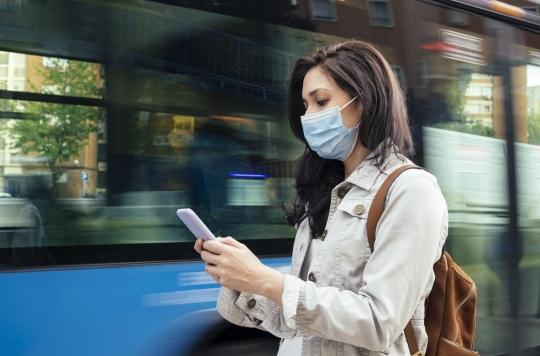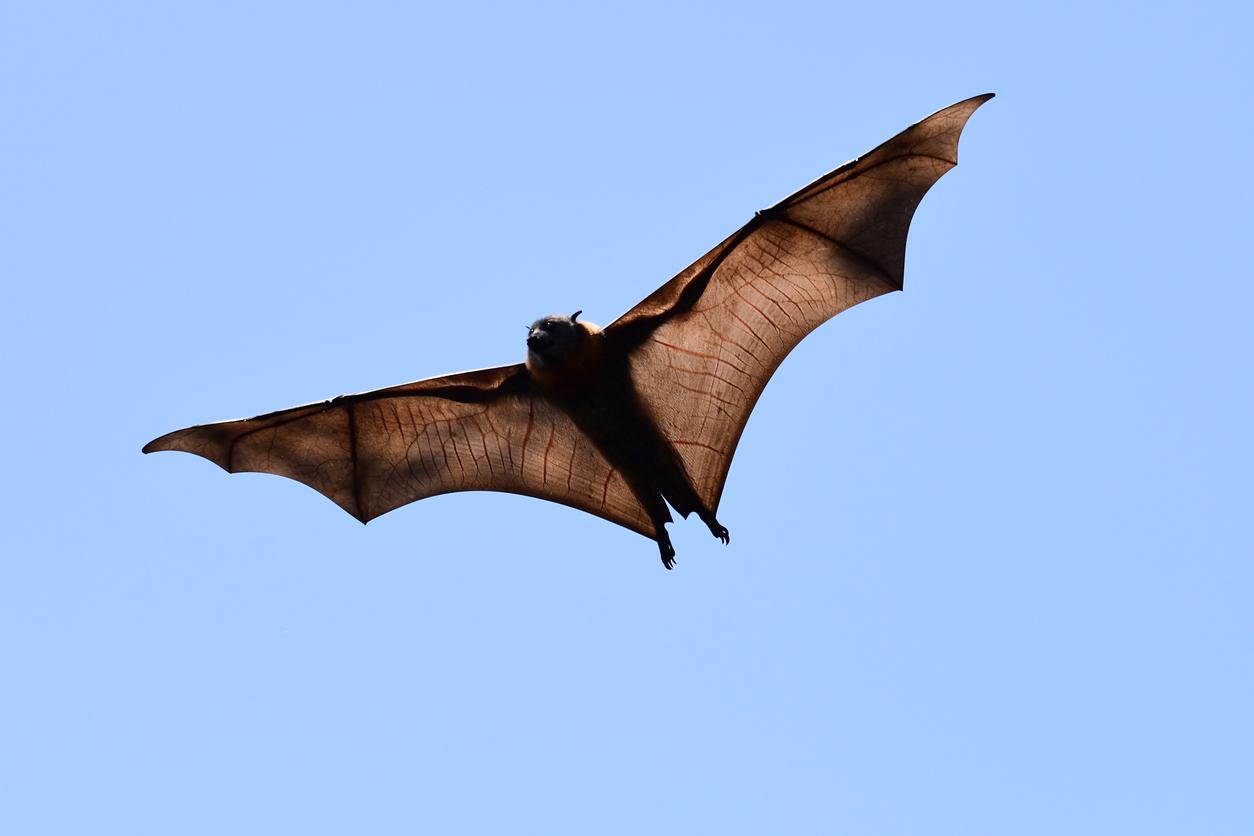While in France only 3.5% of the population has downloaded StopCovid, the government launched a new version of the digital tracing application on Thursday October 22. The opportunity to take stock of the other initiatives launched in Europe and their various successes.

- Launched on June 2, the StopCovid application was only downloaded by 3.5% of the French population.
- A failure that justifies the launch of a new version of the application this Thursday, October 22.
- Renamed All Anti-covid, it allows in particular to obtain information in real time on the circulation of the virus in the area where you are and to have access to nearby laboratories to be tested.
- Elsewhere in Europe, digital tracing applications have met with more success.
“It’s not a failure, it didn’t work”. In his interview of October 14, Emmanuel Macron half-acknowledged that StopCovid had not obtained the expected results.
Launched on June 2, the contact case tracing application has only been downloaded 2.6 million times. This means that only 3.5% of the French population has currently used the application to trace contacts with people who tested positive for Covid-19.
This Thursday, October 22, a new version of the application, more interactive, is appearing. Renamed for the occasion Tous anti-Covid and still operating via Bluetooth to alert those around you of potential contamination, the app also has new features, including real-time information on the circulation of the virus in the area where where you are or the list of laboratories nearby to be tested. Exit, however, the possibility of making an appointment to do a PCR test.
Better results elsewhere in Europe
If in France, the reluctance of the population has sounded the end of StopCovid, what about similar initiatives on a European scale?
Immuni in Italy, Radar COVID in Spain, Corona-Warn-App in Germany… Our European neighbors have also developed their own digital tracing application to identify contact cases and stop the circulation of the virus… Often with much less timorous results than ‘in France.
While all rely on Bluetooth technology to trace contacts between mobile phones and have similar functionalities, the reception of these applications has been very different from one country to another in Europe.
Thus, the application developed by the British public health system has been a resounding success since its launch on September 24th. Within 24 hours, NHS COVID-19 was downloaded by 6 million people, or 9% of the UK population. Three days later, 12.5 million people had installed it on their smartphone.
Same success for the Belgian application Coronalert, launched on September 30 and already downloaded by 5% of the population.
In Germany, the Corona-Warn-App application is also successful, since it has been downloaded by 22% of the population, as is the Irish application COVID Tracker, acclaimed by 26% of Irish people.
In Spain, the nationwide launch of the COVID RADAR app on September 15 was well received. For the past month, it has been downloaded by nearly 10% of the population, almost as many as in Italy, where the application was made available 3 months earlier. Indeed, Immuni has been downloaded by almost 13% of the population, i.e. almost 18% of Italians between the ages of 14 and 75 who have a mobile phone – still far from the 60% target, which, according to the authorities national, is necessary for its effective functioning. As for the Portuguese StayAway Covid application launched on 1er September, it has already been downloaded by nearly 12% of the population (1.26 million people), more than a hundred people infected with Covid-19 have already reported their state of health to the application.
France is therefore an exception with Austria, whose Stopp Corona app has also not met with the expected success. Launched at the very start of the outbreak on March 25, it has since been downloaded around 1 million times, representing 11% of the entire Austrian population, or 14% of all Austrian smartphone users.
.

















